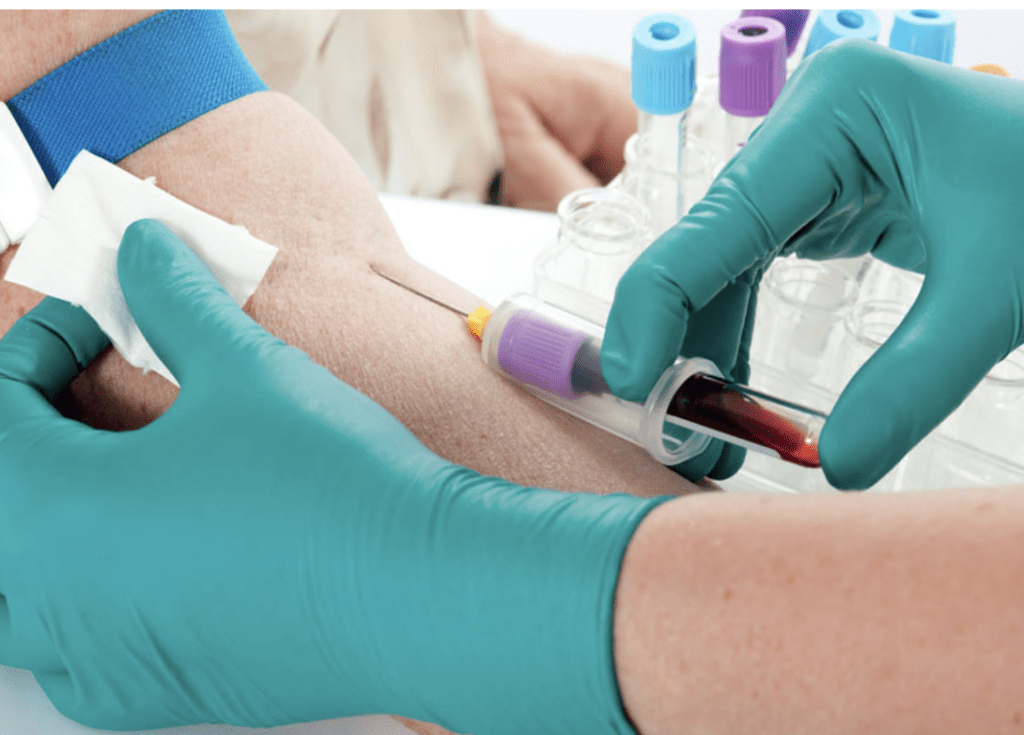Do You Have an Irregular Period? Here’s What It Could Mean
Periods can be confusing, and many women are uncertain about what’s normal and what’s not when it comes to their cycle. Hormonal imbalances can often be the culprit behind irregular periods or disruptive symptoms, and knowing the signs to watch out for can help you get to the root of the issue.
Here are five signs that may indicate a hormonal imbalance and how to address them.
1. Changes in Menstrual Fluid
One of the first signs of a hormonal imbalance is changes in the appearance of menstrual blood.
- If the blood is dark, heavy, or has clots, it may indicate that estrogen levels are too high in relation to progesterone. This can overstimulate the uterine lining, causing the symptoms above. Other signs of high estrogen levels include breast tenderness, migraines, and bloating.
- On the other hand, if your menstrual blood is thinner and lighter in color (more pink than red), it may indicate low estrogen. Symptoms of low estrogen can also include vaginal dryness, low libido, and increased UTIs.
Solution: If you notice changes in your menstrual blood, consider having your hormone levels tested to understand the balance between estrogen and progesterone.
2. Irregular or Skipped Periods
Irregular or skipped periods are often caused by low estrogen. This can lead to additional symptoms like mood swings, hot flashes, and decreased bone density—symptoms commonly associated with perimenopause and menopause. However, low estrogen can also result from other factors, such as:
- Long-term hormonal birth control use
- Thyroid problems
- Low nutrient intake or anorexia
- Inadequate body fat
Solution: If your periods are irregular or skipping, it’s time to have your hormone levels checked. Click [here] to schedule a comprehensive exam.
3. Spotting Between Periods
Spotting between periods, particularly in the luteal phase, is often caused by low progesterone. Progesterone levels should remain high during the luteal phase, but if they drop prematurely, it can lead to spotting. Other causes include:
- Uterine fibroids or endometriosis
- Stress, which affects progesterone production
- Changes in medication (such as birth control pills or antidepressants)
- Hormonal imbalances, such as estrogen dominance
Solution: If you’re experiencing spotting, it’s important to check your hormone balance, particularly progesterone. Click here to schedule a blood draw.
4. Severe Emotional PMS
While it’s common to experience some mood changes before your period, severe PMS symptoms such as depression, anxiety, or breast tenderness are not biologically normal. These symptoms often indicate a hormonal imbalance, such as high estrogen or low progesterone.
Solution: Pay attention to your symptoms in the week leading up to your period. We can help you identify the underlying causes and find relief through diet and lifestyle changes.
5. Abnormally Short or Long Cycles
A normal menstrual cycle lasts 24-35 days, but if your cycle is shorter or longer than that, it may indicate issues with the luteal or follicular phases:
- Short cycles (24 days or less) may indicate luteal phase defect (LPD), often due to low progesterone. This means the luteal phase is too short to support pregnancy.
- Long cycles (more than 35 days) may be caused by PCOS, excess estrogen, or premature ovarian failure.
- A long follicular phase may indicate delayed ovulation, which can be caused by excess luteinizing hormone (LH), especially in women with PCOS.
Solution: If your cycles are abnormally short or long, it’s important to investigate the underlying cause. Click [here] to schedule a complimentary wellness consultation and learn how to track your cycle.
When to Seek Help
If any of these symptoms sound familiar, it’s important to take action. Hormonal imbalances can affect your quality of life and overall health, but they’re often treatable with the right approach. At My Wellness Solutions, we can help you identify the root causes of your period abnormalities and create a personalized plan to bring your hormones back into balance. Click here to schedule a complimentary wellness consultation and take control of your hormonal health.







